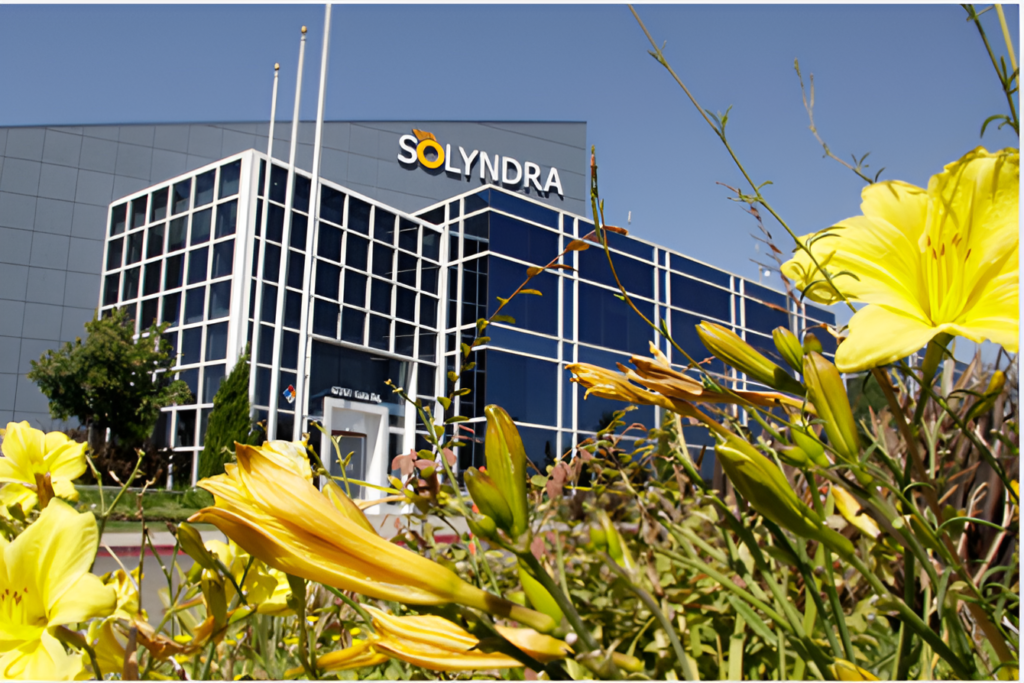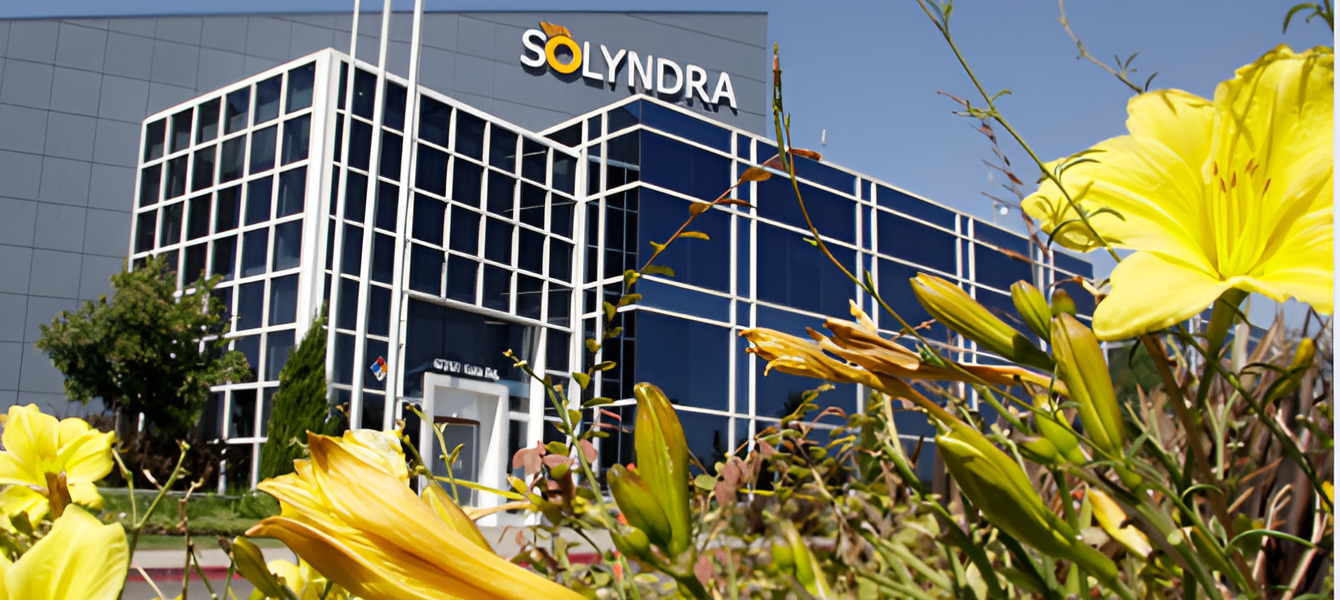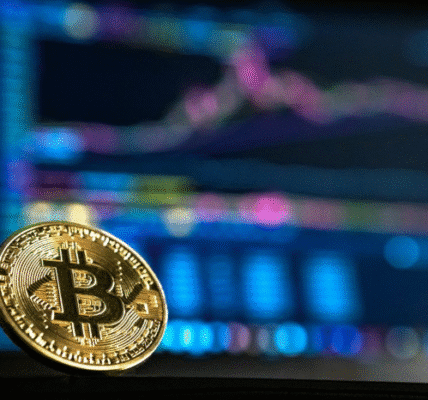
America’s foundation was laid by entrepreneurs who failed often, learned much, and pressed forward despite overwhelming odds. As we navigate the road to economic recovery amid intensifying global competition, both American citizens and government leaders must embrace this resilient spirit.
Our collective challenge is clear: recommit to fostering innovation in growth sectors that will secure America’s economic leadership for decades. Anything less would be akin to falling and staying down while competitors race ahead.
The recent bankruptcy announcement by Solyndra, a high-profile solar energy company supported by venture capital and federal funding, offers a critical wake-up call. Regardless of ongoing investigations into the company’s operations, this failure underscores two essential truths.
First, the clean energy sector, despite its promise for innovation, job creation, and economic growth, is still in its infancy. Early-stage industries are inherently prone to setbacks.
Second, Solyndra’s downfall highlights the fierce competition from heavily subsidized Chinese manufacturers, signaling that the U.S. can no longer assume its role as the global leader by default.
The question we face now is this: How does America respond to this challenge?
For venture capitalists, the answer is straightforward: press forward. Failure is intrinsic to the venture capital business model, which has been instrumental in building the country’s most innovative industries—from semiconductors to biotechnology, internet services, and software. These industries were shaped by risk-taking and long-term commitment, yielding tremendous economic value despite occasional losses.
However, the clean energy industry requires more than venture capital to thrive. Federal government support is essential for funding the groundbreaking research needed to fuel the innovation pipeline and scale manufacturing operations to remain globally competitive.
As global energy demands rise, the U.S. must adopt an “all of the above” approach to energy generation. Countries with abundant, low-cost energy will hold a long-term competitive advantage, and the U.S. cannot afford to fall behind.
The federal government’s support for Solyndra was a step in the right direction, albeit with lessons to learn. America’s history proves that resilience pays off: the government didn’t abandon the space race or early computer development despite setbacks. Similarly, the clean energy economy deserves sustained investment to yield long-term gains that outweigh short-term losses.
Venture capitalists remain steadfast in their commitment to nurturing clean energy startups, even in the wake of high-profile failures. We call on Washington to do the same.
As the next industrial revolution—centered on renewable energy—takes shape, the stakes are high. Failure is inevitable along the way, but quitting is not an option. The words of Henry Ford remind us: “Failure is the opportunity to begin again, this time more intelligently.”
Together, venture capitalists and policymakers must seize this opportunity to lead in clean energy innovation. The future depends on it.





